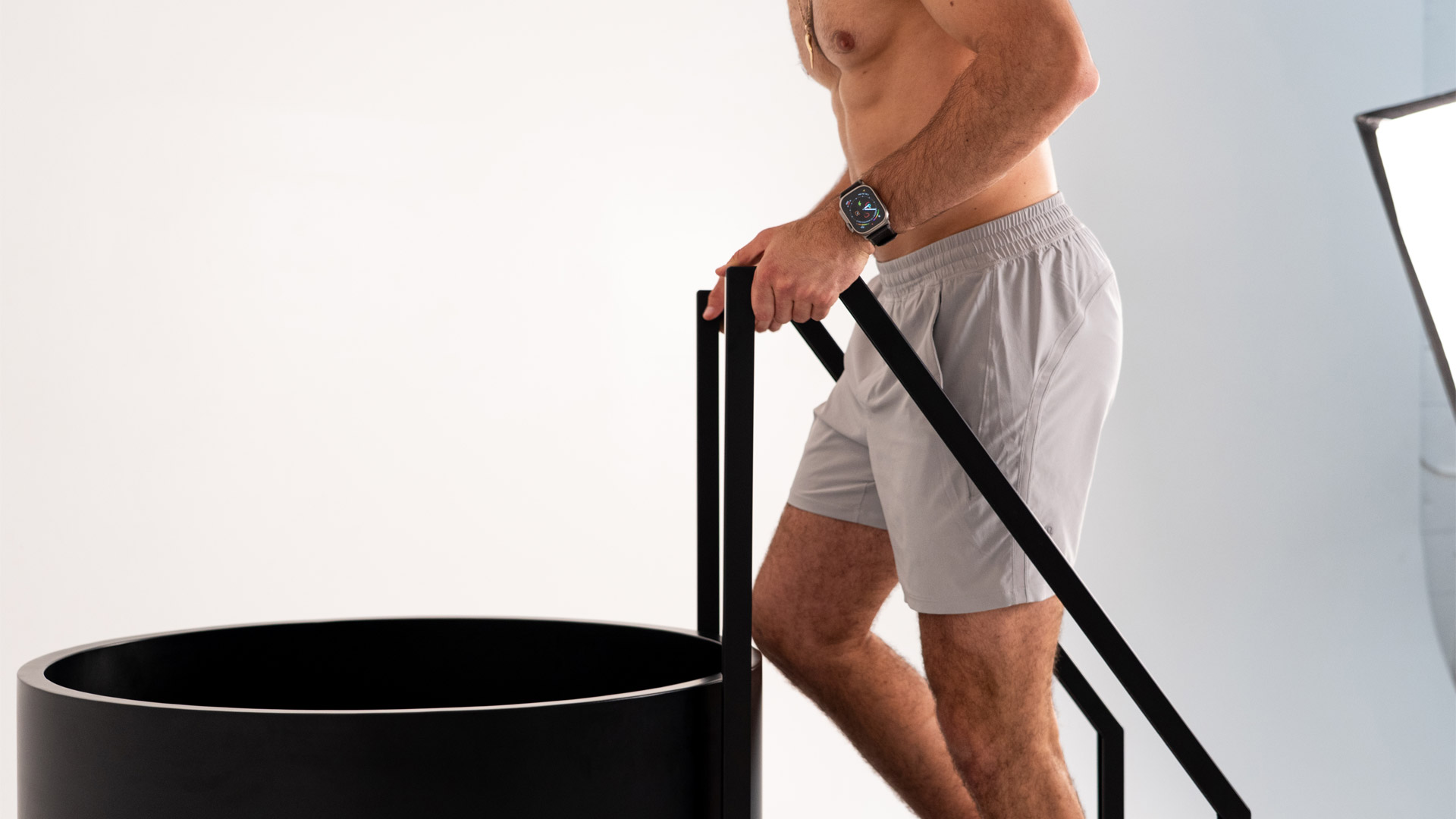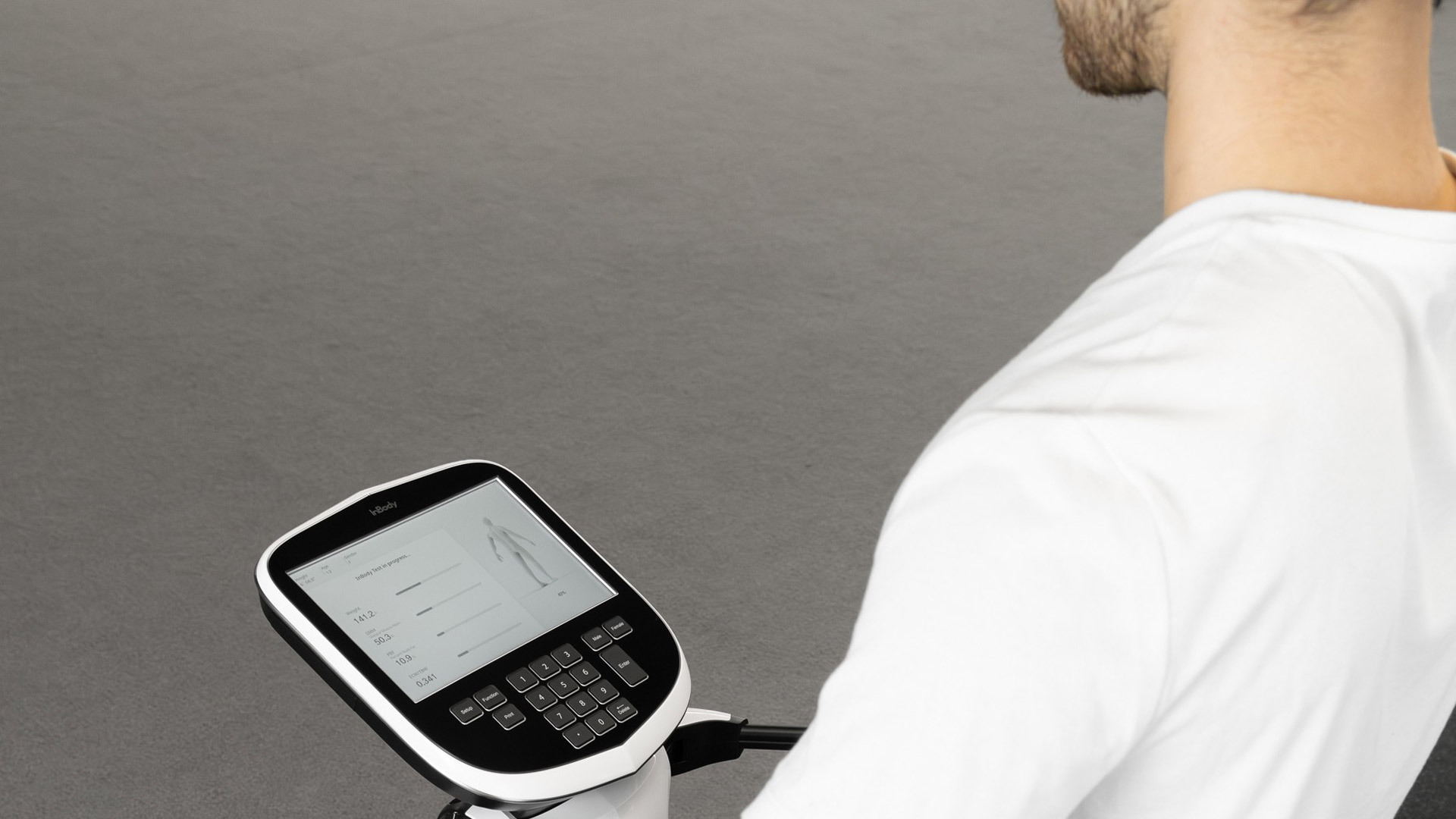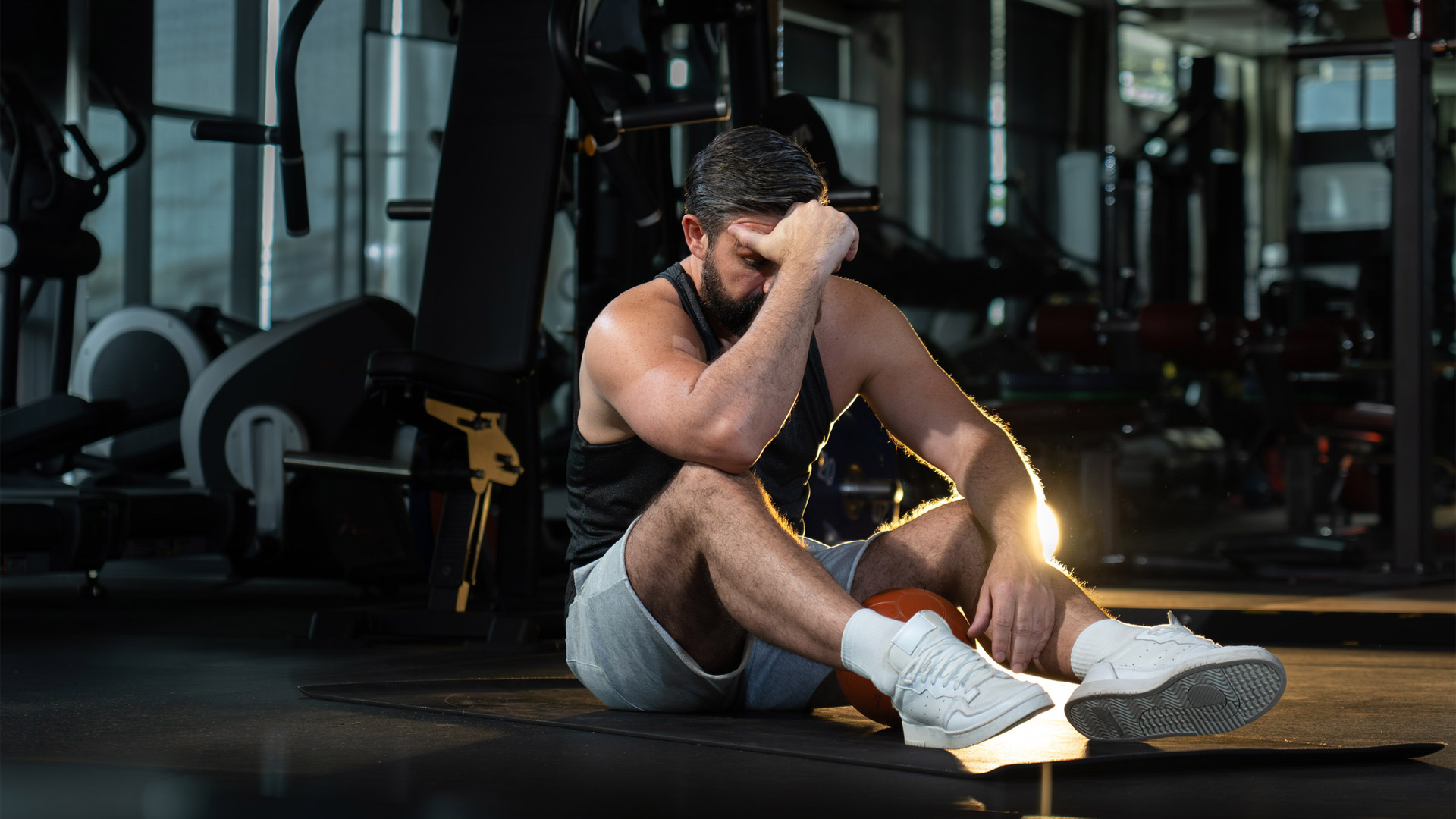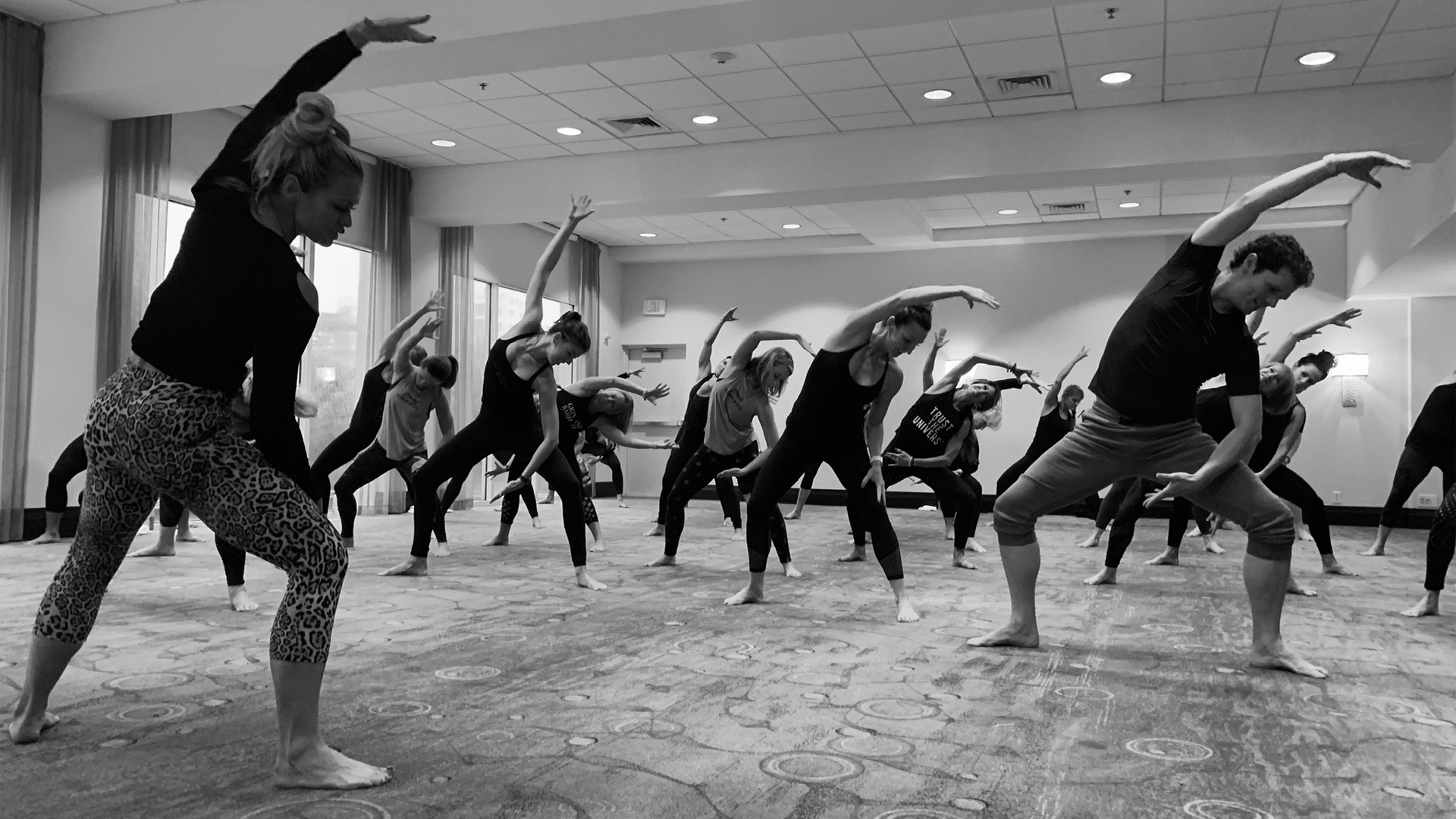All Categories

Many clients can fit into an identity of being a mother figure to little humans who depend on them for their day-to-day support and safety. No small feat, being a mother comes with so many positive aspects of life from molding children into the people they will become in the future and partaking in the many snuggles that kids are the best at giving. Facets surrounding motherhood can also be heavy on the psyche as mothers juggle their bandwidth alongside having to be key providers of well-being for others. As coaches who support moms and their wellness journeys, it’s important to reflect on how support and guidance offered to moms can center their individualistic identities separate from their role of “mom.” Individualism does not take away from someone’s ability to parent, it only adds more multifaceted layers to someone’s essence and sparks their desire to grow into a unique person.
Understanding how physical activity fits into the lives of mothers with young children is crucial. Physical activity benefits their health and sets a positive example for their families. Motherhood is multifaceted, yet society often idealizes it as the pinnacle of a woman’s role. Genderized perceptions can shift sometimes, but the consensus of expectation remains that good mothers prioritize their children’s needs over their own. Despite the diversity of motherhood experiences, taking care of others rises to the top of key priorities, leading many mothers to gauge their value by the care they provide to others, often at the expense of their own needs. This can result in feelings of guilt when they take time for themselves.
Movement has been cathartic for me on so many levels since having my child. Early on, I promised myself to be patient through the process of healing my body post-baby, as well as remembering that I may not go back to “the life I had before” physically. Okay with the process of growth and learning with my child watching, my movement journey has morphed for the better over the last seven years. My child has seen me move for myself, she takes part in my exercise with me, and she also sees that I am placing priority on caring for myself before I shift caretaking duties to those around me. Prioritizing me shows her that she should always prioritize her.
Shelley Murdock, also known professionally as the founder of Fit2Flaunt and who I stumbled upon in my Instagram searches, is a pole-dancing phenom who empowers women to achieve their fitness goals in a fun and body-positive environment. A mother of twins, she has used her love of pole dancing fitness to help her through her journey of post-partum recovery. On her journey, she has faced backlash from opponents to her lifestyle and profession, with some comments stating she didn’t have the right to vent about her struggles as a mother, since she decided to pole dance. Pole dancing is Shelley’s escape from the stressors in life, and helps her to center herself so that she can be the best and more authentically genuine mother for her children. She deserves the right to move her both, in a way that feels fluid and right for her, without judgment or conformity.
Coaches can support their caretaking and mother-figure clients by helping them see that prioritization of their well-being positively impacts all of their other life responsibilities and to stay in a place where routine reigns supreme.
Michaela Brown, General Manager of VIDA Fitness & Aura Spa and Chairwoman of VIDA’s first Diversity and Inclusion Board, found her passion for supporting fellow mother figures after entering the fitness industry after being an athlete herself. She moved through the ranks of becoming a group fitness instructor and personal trainer and then into leadership to continue her career in wellness. An early client provided her testimony to Michaela of being grateful for her fitness journey because of how it helped her pick up her daughter without pain which was a pivotal milestone that inspired her journey. She uses her experience with uplifting social justice and advocating for excluded identities to evolve the world of fitness and wellness into one that is equity-centered.
Michaela makes her care a priority in her life, while it can feel like a “secondary” priority after a meaningful job and being present with her family. Her main way of taking care of herself is to ensure she gets restful sleep. She’s the clearest early in the morning, when she’s up before dawn, and can set the course for her day with clarity before diving into her to-do list. She is intentional to affirm herself; she knows she can trust the care she gives others to maintain a high level of importance for the time she takes for herself. She emphasizes how intimate of a relationship coaches can have with clients and that there need to be constant check-in opportunities to center the purpose of each session, staying mindful of active listening to keep a pulse on how a client’s life is going on “outside of the workout”. She encourages coaches to put themselves in the point of view of others and to expand their influences to truly empathize with what life as a mother figure is like.
“Regardless of how busy a mother was, when she lived in the moment and felt like she was in control of her schedule, she was more likely to make time for exercise,” says Danielle King, assistant professor of psychological sciences at Rice University and co-author of one study. Offering ideas and strategies to help mother figures feel like they have more control over their schedules is a key component to the success of their wellness programming. Timeboxing is a great tool that can work for some moms. The main factor in timeboxing that can showcase results related to fitness and wellness goals is that time is boxed out during times in the day that are achievable; just as meetings and school events are scheduled, time focusing on wellness goals deserves the same level of importance.
Another area of coaching support that advocates for mother figures is how the notion that their movement or nutritional interventions have to be done in an “all-or-nothing manner.” A “what you can when you can approach” can balance the skill of scheduling alongside having grace in the moments where unpredictability supersedes the day. If a client can get in moments of movement, for example, that includes 15 minutes of playtime with their kids at the playground and a walk around the block during a work break, that’s all that fits into a day it can still be celebrated. If meal prepping includes building options that are affordably accessible such as frozen vegetables and bulk whole grains, coaches can encourage clients to do the best they can with what they’ve got.
Including children in the wellness routines of mother figures can also set a positive example of how “prioritization of mom” is non-negotiable, and also models proper wellness habits for their children—modeling matters across all aspects of motherhood and raising young children in this world. So much of hustle culture teaches people to prioritize work and worldly matters, but well-being and centering the care of one’s self can go a long way in our universal mission to ultimately take care of others.
Katrina is a global educator and Certified Wellness Specialist dedicated to bridging gaps through equitable access and collaborative coaching. With over 20 years of experience, she leads diverse teams, creates support groups, and mentors future leaders. Katrina specializes in Bias Unearthing, Neurodiversity Inclusion, and Intersectional Inclusion. She holds a Master of Science in Exercise Science and Health Promotion, certificates in Diversity and Inclusion from Cornell and USF, and an Associate of Science in Graphic Design. Katrina’s mission is to foster unity through self-care and compassion, making healing a path to deeper purpose and inclusivity.
Powering the Business of Health, Fitness, and Wellness Coaching

By Elisa Edelstein

By Robert James Rivera

By Elisa Edelstein

By Robert James Rivera

By Rachel MacPherson

By Elisa Edelstein

Powering the Business of Health, Fitness, and Wellness Coaching
